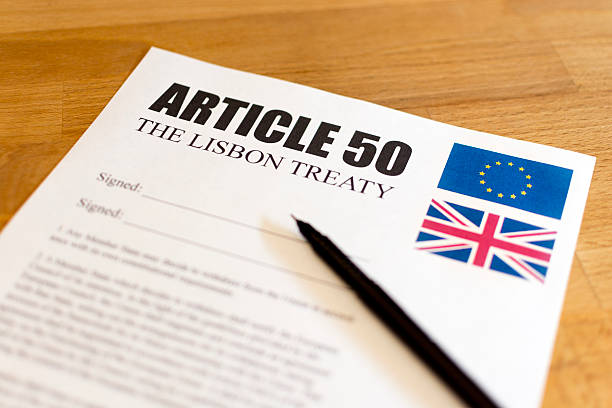A sponsored visa in the United Kingdom is a type of visa that allows foreign nationals to enter and remain in the country for a specific purpose, such as employment or study, with the sponsorship and support of a UK-based organization or institution. Sponsored visas are an integral part of the UK’s immigration system, and they play a vital role in facilitating the entry of skilled workers, students, and other individuals into the country. Here, we will delve into the concept of sponsored visas in the UK, their types, eligibility criteria, and significance.
Types of Sponsored Visas in the UK:
- Tier 2 (General) Visa: This visa category is designed for skilled workers from outside the European Economic Area (EEA) and Switzerland. Individuals with a valid job offer from a UK employer holding a sponsor license can apply for this visa. It allows them to work in various skilled occupations.
- Tier 4 (General) Student Visa: Educational institutions in the UK can sponsor international students through the Tier 4 Student Visa. Students pursuing full-time courses at recognized institutions can obtain this visa.
- Tier 5 (Temporary Worker) Visa: Tier 5 encompasses multiple subcategories, including the Youth Mobility Scheme (YMS) and the Government Authorised Exchange (GAE) program. These visas are for temporary workers, interns, and participants in approved exchange programs.
- Tier 1 (Exceptional Talent) Visa: Exceptionally talented individuals in fields such as science, arts, humanities, engineering, and digital technology can apply for this visa. It allows them to work and live in the UK without needing a specific job offer.
Eligibility Criteria for Sponsored Visas:
The specific eligibility criteria for sponsored visas can vary depending on the visa category. However, some common requirements include:
- Job Offer: For work-related visas, applicants typically need a valid job offer from a UK employer that holds a sponsor license.
- Skill Level: The job offered must meet the skill level required for the specific occupation, as defined in the UK’s Standard Occupational Classification (SOC) system.
- English Language Proficiency: In some cases, applicants may need to demonstrate their proficiency in the English language by passing a recognized English language test.
- Financial Requirements: Depending on the visa category, applicants may need to provide evidence of sufficient funds to cover their living expenses while in the UK.
Significance of Sponsored Visas:
- Workforce Mobility: Sponsored visas play a pivotal role in addressing skills shortages in the UK by allowing employers to recruit skilled professionals from around the world.
- International Education: Educational institutions can attract a diverse student body by sponsoring international students, contributing to the UK’s reputation as a global educational hub.
- Economic Contribution: Sponsored visa holders contribute to the UK’s economy through income tax, National Insurance contributions, and spending on goods and services.
- Cultural Exchange: These visas promote cultural exchange by facilitating the entry of individuals from diverse backgrounds, enriching the UK’s cultural diversity.
- Innovation and Research: Sponsored visa holders often bring valuable expertise, research skills, and innovation to the UK workforce, contributing to scientific and technological advancements.
In conclusion, sponsored visas in the UK are instrumental in achieving various socio-economic and educational objectives. They provide opportunities for foreign nationals to live, work, and study in the UK while benefiting the country by addressing skills gaps, promoting education, and fostering cultural diversity. It’s essential for individuals seeking sponsored visas to understand the specific requirements of their chosen visa category and to work closely with their sponsoring organizations or institutions to navigate the application process successfully.
